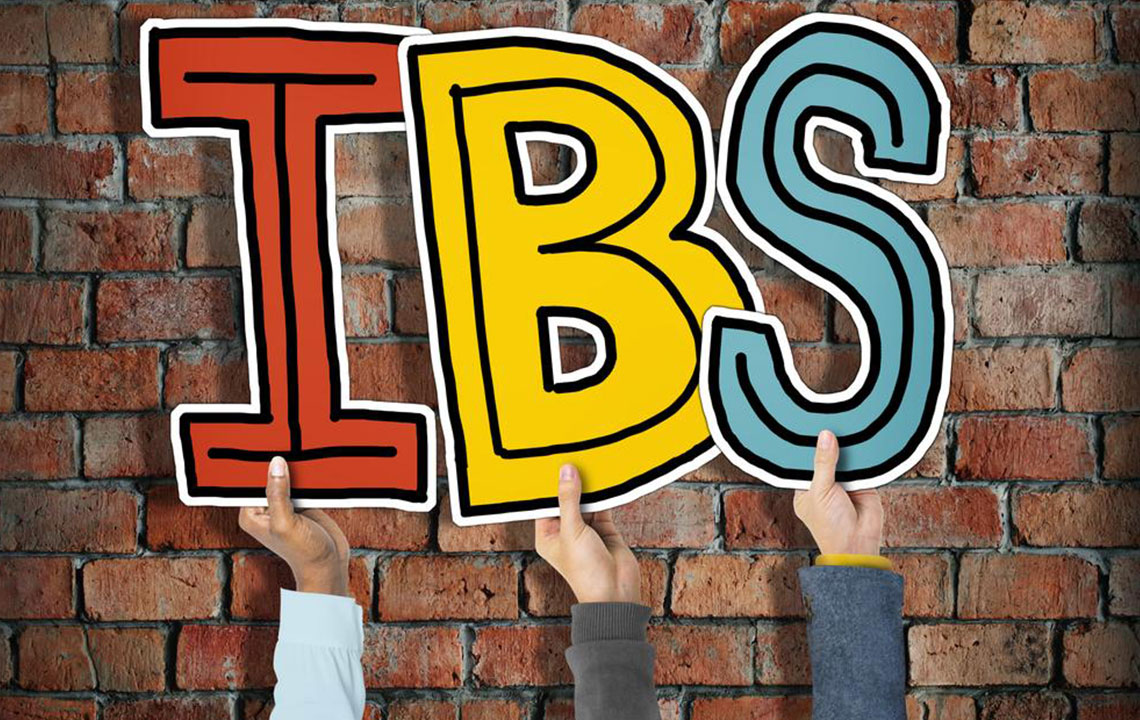Medications for IBS You Must Know About
Irritable Bowel Syndrome (IBS) does not have a proper treatment yet. It is medically not entirely curable. Your doctor can, however, help you combat the syndrome by using specific medications available to us. Therapies for mental health are also useful in dealing with Irritable Bowel Syndrome. Herein are stated some useful medication for IBS that is prescribed to patients:
Medication for IBS
Laxatives
A laxative is perhaps the most effective medication for IBS.

• Dietary fiber
• Osmotic laxatives
• Stimulant laxatives
• Emollients
These laxatives aim at healing one particular IBS. So, it is recommended you use a combination of these medications to treat IBS.
In the beginning, try to increase the inclusion of dietary fiber in your diet. This should amount to 20 to 25 grams per day. If dietary fibers from regular food items fail, then you can try fiber supplements.
Osmotic laxatives cause an influx of water in the intestines, adding bulk to your stool. Your doctor will recommend a dosage for you, but it will take about 1-2 days to have an effect. Polyethylene glycol is a common laxative used for this purpose.
A stimulant laxative must be used only if the osmotic laxatives fail. A stimulant laxative stimulates the nerves of the large intestine. This further reduces absorption of electrolytes and water. They produce results within hours of consummation. They should be administered under the proper supervision of a doctor. An increased dosage of stimulant laxative can lead to dehydration and electrolyte disturbances.
Antispasmodic or Anticholinergic agents
The next best medication for IBS is the use of antispasmodic or anticholinergic agents. Only a few antispasmodic agents have managed to provide relief. Currently, these are unavailable in the US. Bulking agents like bran and psyllium are helpful in easing stool passage. Antispasmodic agents will give you relief from abdominal pains.
Anti-Diarrheal agents
Anti-diarrheal agents like loperamide and diphenoxylate are other medication for IBS. They have several benefits like:
- Decreased bowel movement frequency
- Enhances intestinal water and ion absorption
- Increases anal sphincter tone
Loperamide medicines are available over the counter. Diphenoxylate is available only if prescribed by your doctor. Take the medicines as recommended by your doctor. Keep him/her informed about any other medications you have been taking.
Antidepressants
Antidepressants are not just linked to depression, but several other ailments too. They are effective in treating IBS. Antidepressants soothe the pain signals transmitted from the brain and gut. A low dose of tricyclic antidepressants is useful in treating IBS with diarrhea. Their effect on the central nervous system and peripherals relieves abdominal pain and diarrhea. Newer serotonin and norepinephrine reuptake inhibitors have fewer side effects. Only selective serotonin reuptake inhibitors help reduce anxiety. They produce better results in the case of IBS with constipation.
New medication for IBS
Some new medications for IBS have been effective in treating multiple symptoms of IBS. You should only take the medicines as prescribed by your doctor. You should be responsible enough to inform your doctors about any other medications you have been administering.
• Alosetron blocks serotonin from passing sensory information from gut to the brain. It helps in reducing abdominal pain and diarrhea.
• Rifaximin is an antibiotic used to treat IBS in adults. It is helpful in altering and reducing bacteria in the gut. It improves stomach bloating and diarrhea symptoms. It is an effective medication for IBS.
• Eluxadoline is responsible for stimulating nerves that help lower bowel contractions. It is prescribed for adult men and women. It has aided in reducing abdominal pain and improve stool consistency.
• Lubiprostone enhances secretion through chloride channels in the bowels. This aids in promoting peristalsis that propels the stool through the gastrointestinal tract. It has shown remarkable results in treating chronic constipation in adult men and women.
• Linaclotide increases movement of bowels in the GI tract and blocks pain signals in the intestines. It is effective in treating chronic constipation in young adults. It also improves multiple symptoms like pain, bloating and bowel functions.
Probiotics
Probiotics are microorganisms or bacteria that are present in your GI tract. They ensure healthy digestive system. Administering a probiotic supplement enhances your digestion process and is an effective medication for IBS. Probiotics supplements come in various forms. You can choose tablets or capsules. There are liquid probiotic drinks and powders. Some food items like yogurt have natural probiotics present in them.
Mental health therapies
Psychological stress management is another effective medication for IBS. You can join in a stress relaxation class or practice meditation techniques. Cognitive behavioral therapy and psychodynamic therapy are also useful medication for IBS. Mindfulness training also enhances you to shift focus from pain affected joints in treating IBS.

